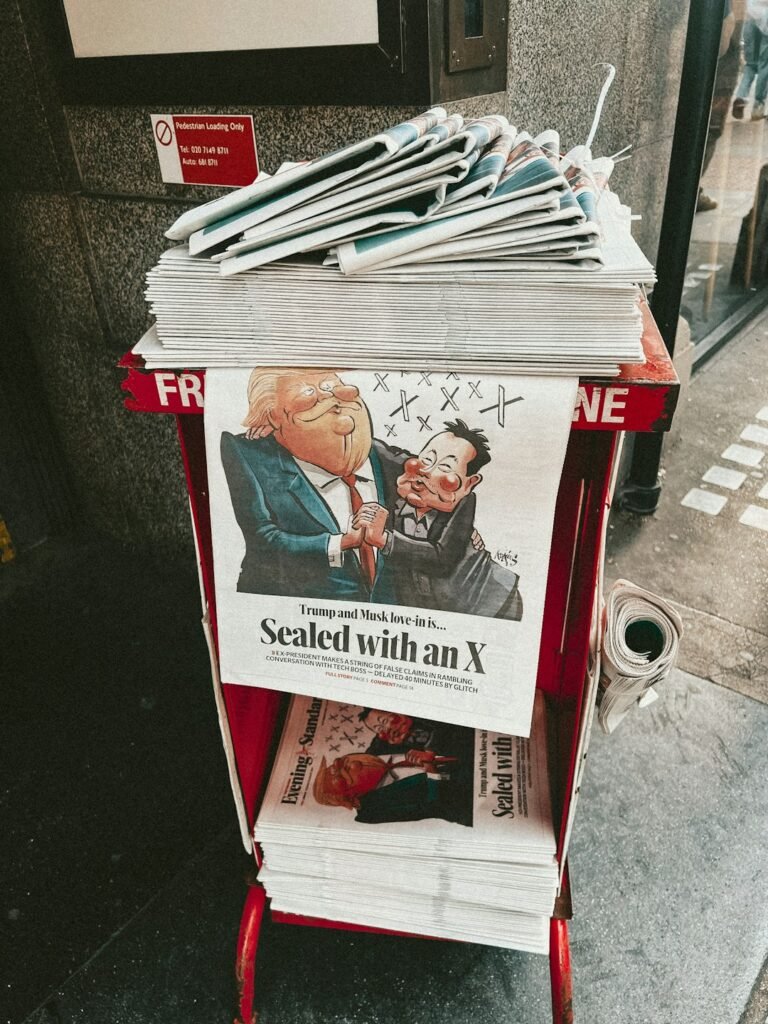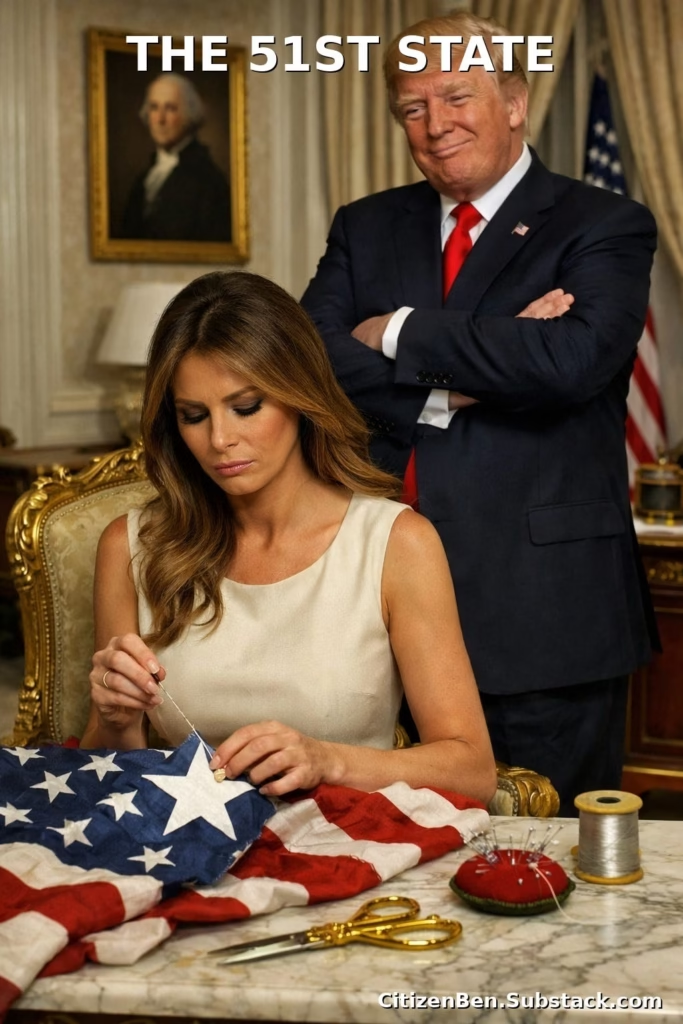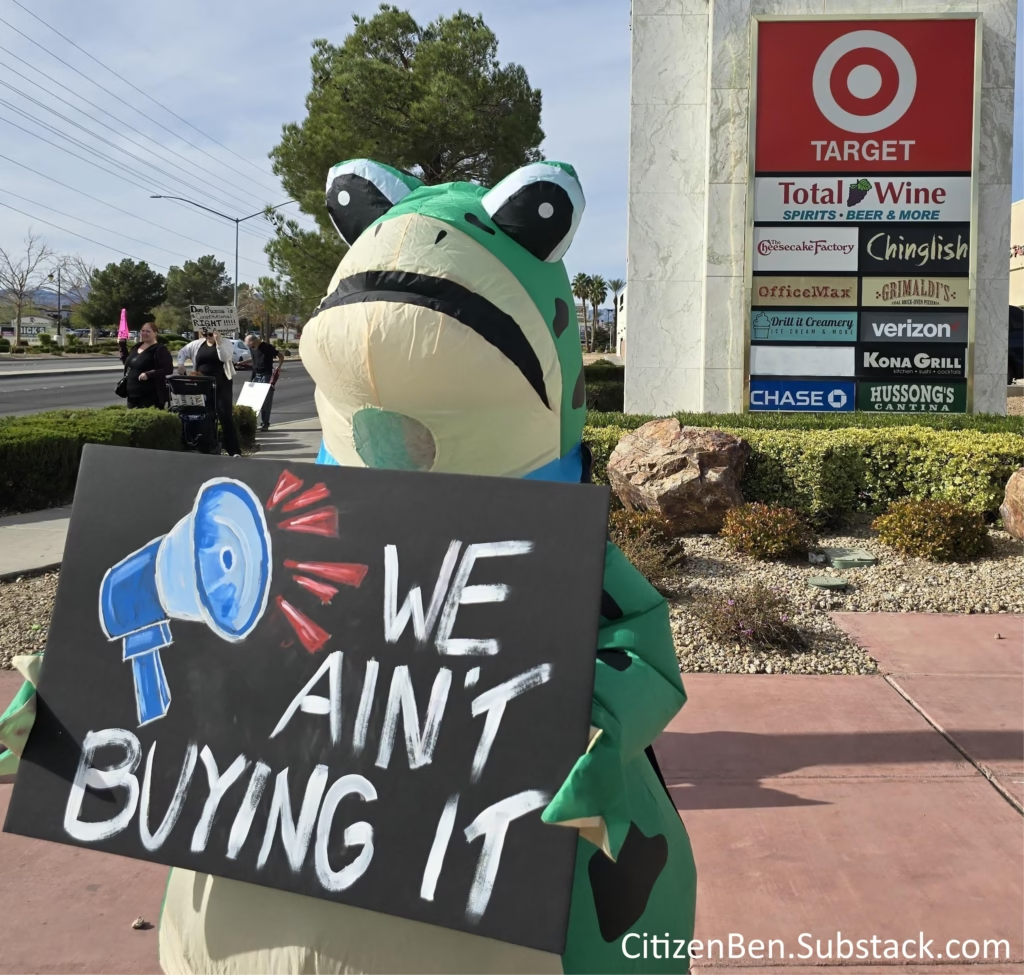
How Billionaires Are Taking Over
By Ben Cable (Citizen Ben on Substack)
Oligarchy might sound like an outdated concept, something reserved for history books and ancient regimes, but the truth is, that it’s alive and thriving in our society. The idea that a small group of elites controls the government, economy, and public discourse isn’t just speculation. It’s happening right now.

Photo by Samuel Regan-Asante on Unsplash
From billionaires shaping political policies to tech moguls controlling the flow of information, oligarchy has become a defining characteristic of 21st-century governance. The most recent example? The return of Donald Trump to the White House, surrounded by a cabinet stacked with billionaires and corporate elites. Add to that the unchecked power of figures like Elon Musk, Mark Zuckerberg, and Fox News personalities in shaping global communication, and you’ve got a recipe for a system where the wealthy few call the shots. At the same time, ordinary citizens struggle to be heard.
What Is Oligarchy, and How Does It Manifest Today?
At its core, oligarchy means “rule by a few.” These “few” are typically the ultra-wealthy, corporate leaders, or politically connected elites who make decisions that benefit themselves at the expense of the majority. While many countries still claim to be democracies, oligarchic tendencies reveal themselves when:
- The wealthiest individuals hold disproportionate influence over political decisions.
- Corporate money dictates policymaking, often against the public interest.
- The same families or groups remain in power across generations.
- Media and social platforms are controlled by a handful of elites, shaping public perception.
If any of this sounds familiar, that’s because it’s happening right now—particularly in the United States.Subscribed
The 2025 Trump Administration: A Billionaire’s Playground
A deepening connection between government and the wealthy elite has marked Donald Trump’s return to the presidency. His administration features a lineup of billionaire business moguls, FOX News ignoramuses, and corporate executives in key government roles. This elite group is steering policy decisions outlined in Project 2025 in favor of big business, further cementing the power of the ultrarich.
During his campaign, Trump once again positioned himself as a champion of the working class. However, much like his previous term, his administration is crafting policies that overwhelmingly benefit the wealthiest Americans, whether through tax cuts, deregulation, or loosening restrictions on corporate lobbying.
The issue with a billionaire-led administration is simple: When people who own massive corporations also run the government, policies will inevitably favor business interests over public welfare. Environmental protections? Slashed in favor of corporate profits. Diversity, Equity, and Inclusion? Workers’ rights? Undermined to keep wages low. Campaign finance reform? Forget about it.
This isn’t just an issue of political preference; it’s about the erosion of democracy itself. When a government serves the wealthy elite rather than the people, it stops being a government “for the people, by the people” and becomes a government “for the billionaires, by the billionaires.”
Elon Musk, Mark Zuckerberg, and the Rise of the Tech Oligarchs
Beyond politics, oligarchy has crept into another crucial part of society: information. If you control what people see, hear, and believe, you control the future. And right now, a small handful of tech billionaires have that power.
Take Elon Musk, for example. His 2022 acquisition of Twitter (now called X) turned one of the world’s most influential social media platforms into a personal plaything. Musk’s control over the platform has led to significant changes in free speech policies, content moderation, and how information spreads online. While he claims to champion “free speech,” his actions, such as reinstating controversial figures and suppressing dissenting voices, have turned X into a chaotic battleground that serves his interests. Elon’s platform is also used by the President, his Cabinet, and D.O.G.E. to debate, lampoon, and attack policies and individuals.
Then there’s Mark Zuckerberg, whose company, Meta, owns Facebook, Instagram, and WhatsApp. These platforms collectively shape the daily news cycle for billions of people worldwide. The problem? Facebook has been repeatedly caught manipulating its algorithms to promote certain political narratives while downplaying others. Whether it’s misinformation, election interference, or privacy concerns, Zuckerberg and his team wield immense power over global discourse.
When control of information is in the hands of a few billionaires, the consequences can be devastating. We’ve already seen how misinformation campaigns can sway elections and how social media companies can silence or amplify voices based on hidden interests. Democracy requires an informed public, but when information is filtered through the lens of billionaire-controlled media, the truth becomes whatever it decides it should be.
The Consequences of Oligarchy: What This Means for Ordinary Citizens
So what happens when billionaires effectively run the government and the media? The consequences are severe:
- Widening Economic Inequality
The rich get richer while the working and middle classes struggle to get by. Policies favor corporate tax cuts and deregulation, while essential services like healthcare, education, and social programs suffer from underfunding. - Diminished Political Representation
When lobbying and corporate donations drive policy decisions, ordinary citizens lose their political voice. It becomes nearly impossible for grassroots movements to compete with billionaire-backed interests. - Suppression of Dissent
Oligarchies don’t like being challenged. Whether it is journalists being silenced, whistleblowers being punished, or social media algorithms favoring certain narratives, free speech becomes a privilege of the powerful. - Loss of Consumer and Worker Protections
Deregulation benefits corporations, not workers. The weakening of labor laws, environmental protections, and antitrust regulations leaves ordinary people vulnerable to exploitation. - Threats to Democracy Itself
When elections are influenced by billionaires, and media is controlled by a select few, democracy starts to erode. Voter suppression, misinformation campaigns, and political polarization, all thrive under an oligarchic system.
Can We Fight Back Against Oligarchy?
Yes—but it won’t be easy. Reversing the grip of oligarchy requires structural changes and collective action:
- Campaign Finance Reform: Ending the influence of corporate money in politics would be a major step toward restoring democracy. Stricter laws on political donations and lobbying will help level the playing field.
- Breaking Up Big Tech: Enforcing antitrust laws against monopolistic companies like Meta, Amazon, and X (Twitter) would prevent a handful of individuals from controlling global communication.
- Promoting Independent Journalism: Billionaire-owned media outlets and social media giants, have too much influence over public perception. Supporting independent, non-corporate journalism is crucial to ensuring diverse perspectives.
- Encouraging Voter Participation: The more people engage in elections, the harder it is for oligarchs to maintain control. Expanding (not restricting) voting rights, combating misinformation, and increasing political awareness is key.
- Strengthening Workers’ Rights: Higher wages, stronger unions, and better labor protections can counteract corporate exploitation.
Final Thoughts: The Fight for a Fairer Future
Oligarchy isn’t some distant, hypothetical danger that is here, right now, shaping the United States today. When billionaires control politics, media, and the economy, democracy suffers. The challenge ahead is immense, but the first step is recognizing the problem.
The power of the few can only persist if the majority remains complacent. By staying informed, participating in the political process, and demanding change, ordinary people can push back against the creeping influence of oligarchy.
The question isn’t whether oligarchy exists, it’s whether we’re willing to fight it.
Subscribe to Citizen Ben Today
Free and Paid Subscriptions Available





